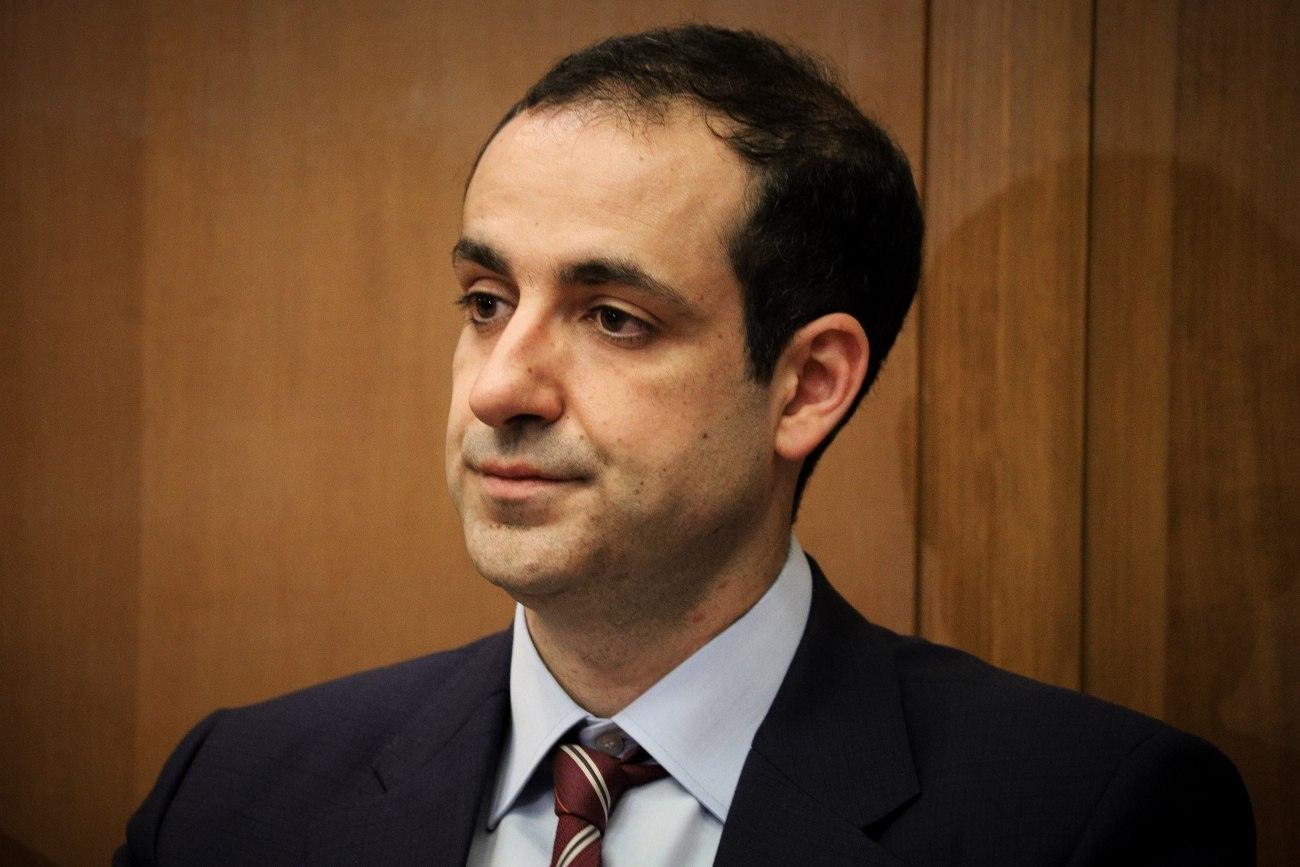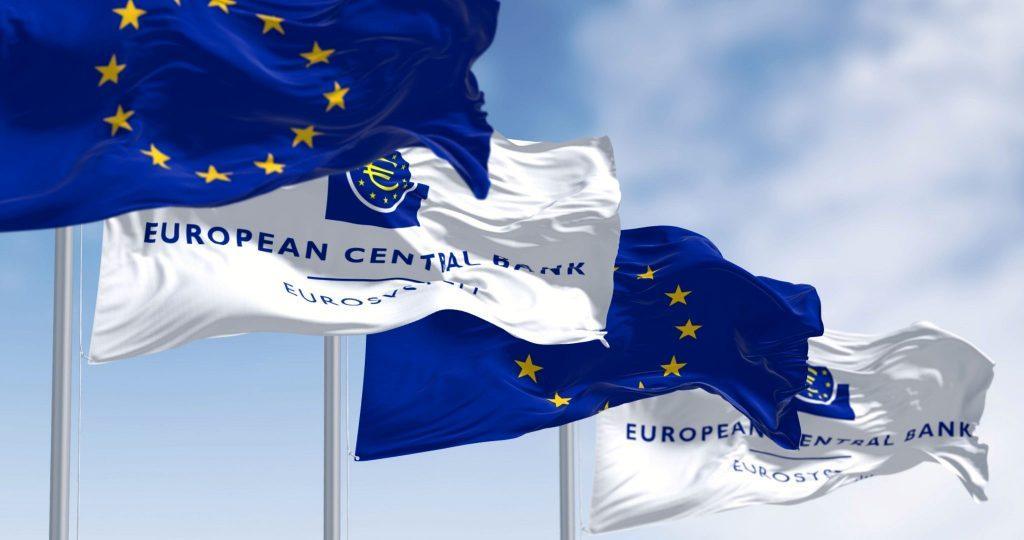The government is aiming for high and sustainable growth rates for the coming years, while at the same time there are many factors that contribute to the fact that it is very likely that this year’s growth target will be revised for the better.
In the recent reshuffle, the government’s financial staff remained virtually unchanged (apart from Zavvos’s departure), enjoying the prime minister’s confidence.
In fact, the PM’s office has given clear directions, so that a 2-year plan is drawn up for the course of the Greek economy, until 2023, which is expected to be -apart from the unexpected- election year.
However, the goals that will be set for the entire Greek economy, especially for 2022, are also of great importance.
A key issue is to achieve high and sustainable growth rates in the next period, ie over 3%.

The recent data of ELSTAT on the course of GDP in the second quarter of the year give optimism to the financial staff, which is proceeding to revise the estimate for the growth rate this year at a rate higher than the forecast of 3.6% so far. According to information, the Ministry of Finance has already reached the new revised assessment of the growth rate in 2021, something that Prime Minister Kyriakos Mitsotakis may announce today from the TIF podium.
“Exit” from supervision
Catching the thread from the issue of enhanced supervision, the Ministry of Finance aims for Greece to leave within 2022. This opens a new cycle for the country, after three Memoranda. Along with the issue of lifting enhanced supervision, the government wants to raise the issue of fiscal targets that will return from 2023 for all Member States.
It is reminded that according to the decisions of the Eurogroup of June 2018, Greece will leave the Enhanced Supervision regime in June 2022.

Achieving a single-digit percentage of non-performing loans (“red” loans), by the end of 2022.
In fact, according to the latest data, at the end of the first half of 2021, red loans decreased to 29.4 billion euros, recording a significant decrease of more than 50% compared to last year. At the end of June, the non-performing loan ratio fell to 20.3% from 43.6% in June 2019, while according to the plans announced by the banks, it will be reduced to single digits by the end of 2021 or the beginning of 2022. .
Primary surpluses
Achieving fiscal balance and satisfactory primary surpluses. The goal is fiscal improvement from 2022 and satisfactory, realistic primary surpluses from 2023. In fact, according to the Medium Term Fiscal Strategy Program, the primary deficit in 2021 will rise to 7.1% of GDP to be reduced to 0.5% in 2022. From 2023 it is estimated that the primary surplus and 2.9% in 2024, according to the Stability Program, ie below 3.5% of GDP projected for our country for next year and was a post-memorandum commitment.

Also, achieving investment level, by the first half of 2023, is one of the main goals of the government. The rating agencies are cultivating expectations for upgrades of the Greek economy, as was done yesterday, for example by Scope Ratings.
All this will be taken into account by the institutions that will give a sample of writing their intentions on September 22, when, according to information, the report on the enhanced supervision framework of the 11th evaluation of the Greek economy will be announced.
Stability Pact
From there, Eurozone finance ministers are expected to begin discussions on budgets, and the key issue for Greece is to determine the amount of primary surpluses. EU member states are preparing feverishly for the two major battles that will take place in parallel and their outcome will determine the future of Europe and the euro. One concerns the Stability and Recovery Pact and, consequently, the limits that will apply in the future to debt and deficits. The other has to do with rising inflation.


















![Ακίνητα: Σε ποια εξοχικά στρέφονται οι επενδυτές [ πίνακας]](https://www.ot.gr/wp-content/uploads/2026/02/property-scaled.jpg)




















